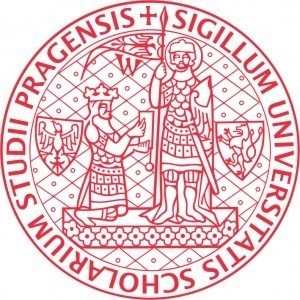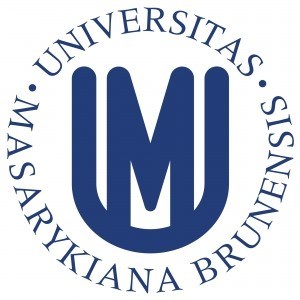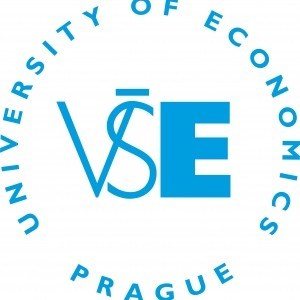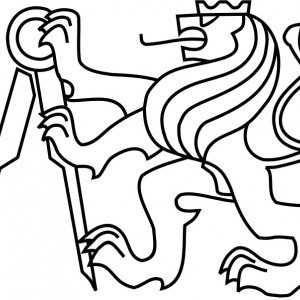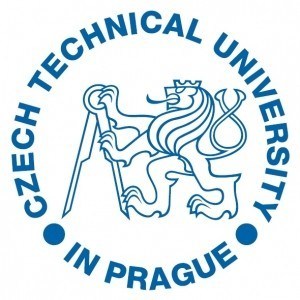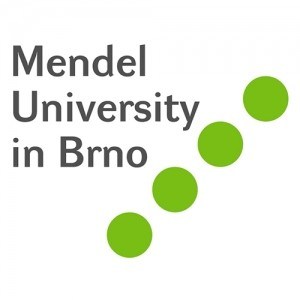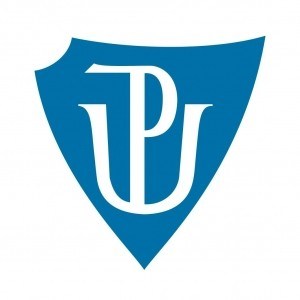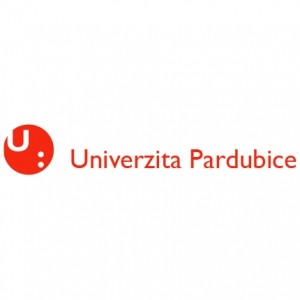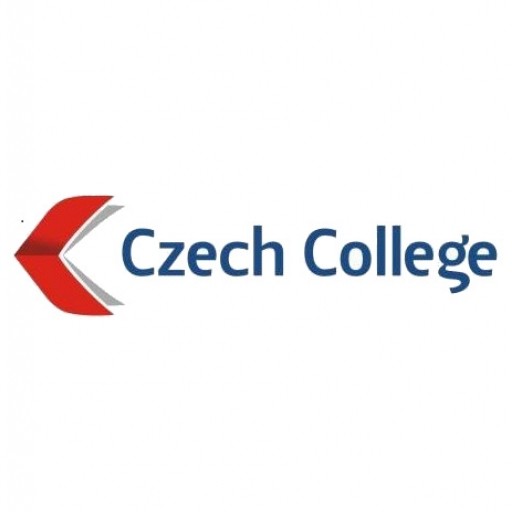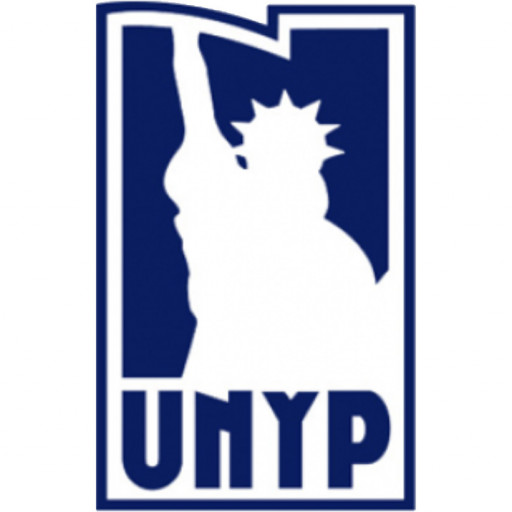In the Czech universities, there are 4,312 Russian students. The reason for the interest in the Czech Republic is well understood. Czech Republic i...

In the Czech universities, there are 4,312 Russian students. The reason for the interest in the Czech Republic is well understood. Czech Republic is one of the few countries in Europe where Russian applicants enter universities on equal terms with EU citizens. Russian applicants in the Czech Republic have a choice to study in the Czech language for free or to study in one of the international languages but on a fee basis. The most popular option is free to study at a state university in the Czech language after a year of intensive study of the Czech language. Now, 2,887 Russian students study in the Czech universities for free.
One of the most popular areas of studying is medicine. In total, 1 490 foreigners study at the Faculty of Medicine of Charles University. In particular, many students from the UK, Scandinavian countries, and North America are going to study medicine in the Czech Republic. They study in English (according to the "General Medicine" program, training costs 12,200 euros per year, according to the "Stomatology" program - 13,800 euros). Russian students after a year of intensive study of the Czech language come to the programs in Czech and study for free.
By the way, when studying on the program in the Czech language, students have the opportunity to choose the subjects that are taught in English. As a rule, it is also possible to write final qualified works in English.
The position of the Ministry of Education of the Czech Republic remains unequivocal: in Czech, foreigners should have the right to study on the same grounds as Czech citizens, that is, free of charge.
There are, of course, the most popular universities for foreigners:
In the first place, there is Charles University (7,275 foreign students). On the second - the Masaryk University in Brno (6 618). The third place in popularity is the Technical University of Brno VUT (3,248). On fourth place - the Central Economic University of Central Europe Higher School of Economics (3,121). On the fifth - the Czech Technical University in Prague (2 408).
Among the private universities, the most popular among foreigners is the Banking Institute (1,528), followed by the Institute of Finance and Management in Prague (934), the Institute for International and Public Relations (851), the Metropolitan University (776) and the Hotel Business Institute in Prague (728). Both public and private universities in the Czech Republic offer many programs in English. There are several programs in German and French. In addition, the Czech Republic has the opportunity to study in Russian.
Study in the Czech Republic in the Russian language
One of the most popular programs in Russian is the Bachelor's program "Economics and Management" of the leading economic university of the Czech Republic Higher School of Economics. The cost of education is 3 600 euros per year. In Banking Institute in Russian, you can study "Banking". The cost of study in Russian is 2 760 euros per year.
In the Czech language, you can also get a modern education in the field of biomedical engineering. The corresponding program in Russian is offered by the Czech Technical University in Prague. We are talking about the bachelor's program "Biomedical Technician" and the programs of the Master's program "Biomedical Engineer" and "System Integration of Healthcare Processes". In all three specialties, the cost of training is 4,000 euros per year. At the University of Palacky in Olomouc in Russian is training on the program "Special Pedagogy". The price of training is 2,500 euros per year.
Study in the Czech Republic in English
Russian students who are willing to pay for their studies show considerable interest in studying in the Czech Republic in English. Most of all specialties in English are offered by the Czech Technical University in Prague. Among the most popular programs are Architecture, Urban Design and Spatial Planning, Communication Technology, Multimedia Technology, Wireless Communications, Robotics, Electronics, Telecommunication Engineering, Software Systems, Computer Engineering, Computer Graphics and Interaction, Web and Multimedia. The cost of studying in English in CHVUT depends on the faculty and ranges from 2,780 euros to 7,000 euros.
In addition to CVT, the architecture in English can be studied at the international private college ARCHIP. It's about a three-year bachelor's program. The cost is 6,630 euros per year. Almost all the state universities offer economic programs in English. For example, the Higher School of Economics conducts training in 30 specialties in English (3 600 euros per year). The legal education in English is also in demand. In two specialties - The Law and Business in the Czech Republic and Central Europe and the International Human Rights Law and Protection of Environment - one can study at the Faculty of Law of Charles University for 4 800 euros per year.
Advantages of the higher education in the Czech Republic
In recent decades, under the influence of the process of globalization, studying abroad has turned from an impossible dream into reality and has become even more feasible than many may seem at first sight. One of the countries for which this statement is true is the Czech Republic. So why should you study in this country and what opportunities does higher education in the Czech Republic give to young people from the CIS countries? Higher education is still free in the state universities. This distinguishes the Czech Republic from many other European countries. Thus, many students, studying in the Czech Republic, will be able to save even compared to education in Russia.
Only 9% of the country's population (according to the Czech Statistical Office) have higher education. Consequently, in the Czech Republic, people with higher education are valued and with a high degree of probability will find themselves worthy of paid work in the specialty. Students and graduates of Czech institutes and universities, unlike other foreigners, should not receive a work permit and can work in the Czech Republic without it.
Institutes and universities in the Czech Republic take an active part in numerous international exchange programs (Erasmus, CEEPUS, etc.), so students have a real opportunity to study for a semester or a year in another country besides the Czech Republic and additionally practice a foreign language. After receiving a student visa to the Czech Republic and prolonging it once, the student receives the status of residence permit in the Czech Republic, which gives him the right to visa-free travel through the territory of all countries of the Schengen area. And given the geographical location of the Czech Republic and the numerous economical tariffs for air tickets, very inexpensive travels across Europe and Eurovision become real.
Cooperation is widely developed between Czech universities and universities and employers (usually large international firms that hire graduates). Numerous activities are being carried out to help graduates, such as Career days, etc. Higher education in the Czech Republic is carried out in accordance with the standards adopted in Europe, and Czech diplomas are recognized in all European countries.
 Studying in the Czech Republic
Studying in the Czech Republic
